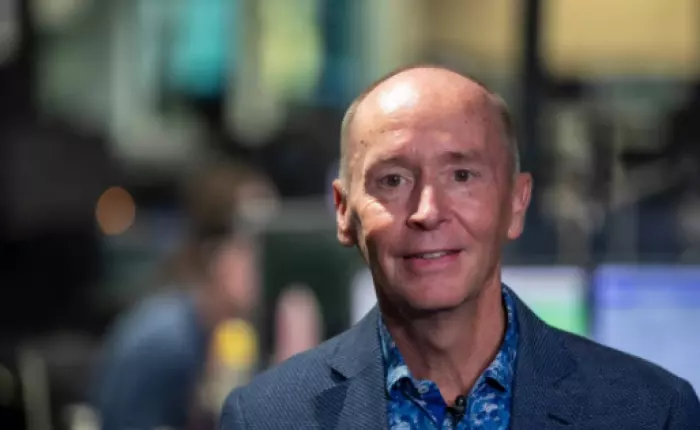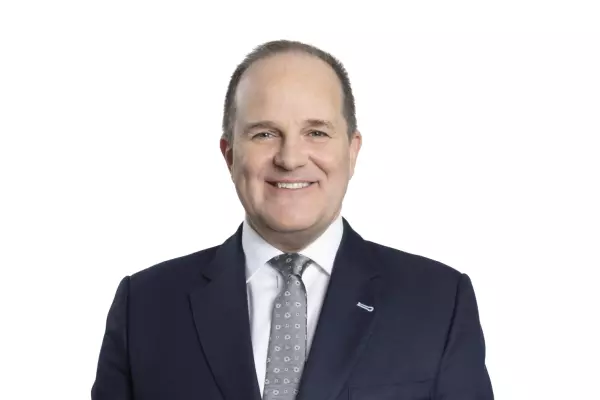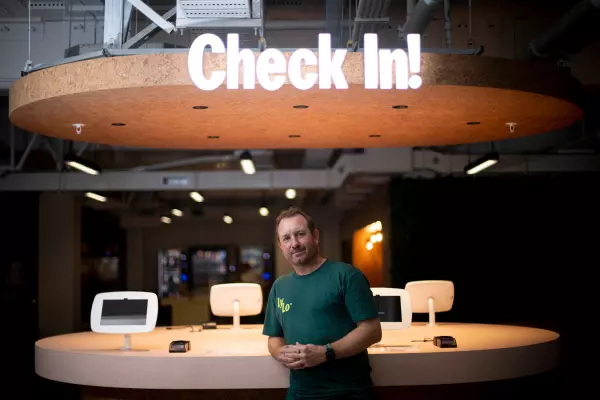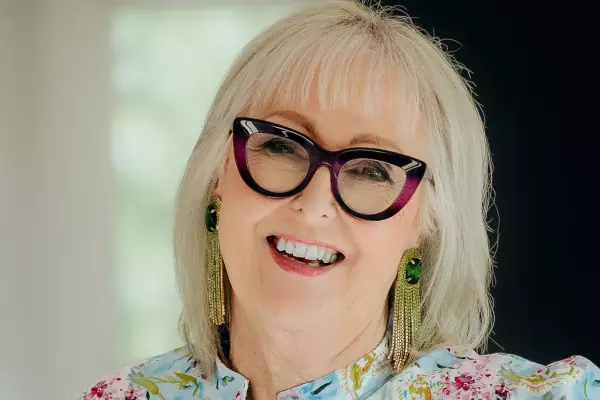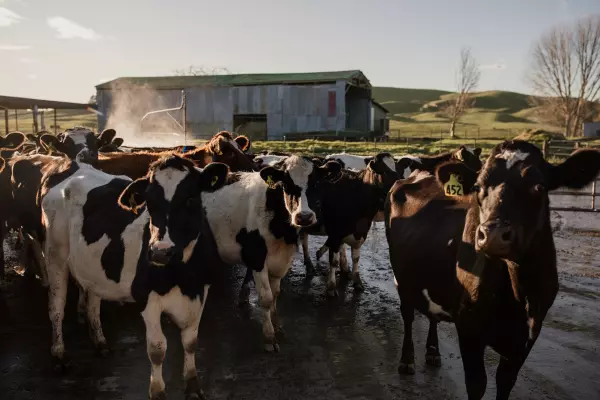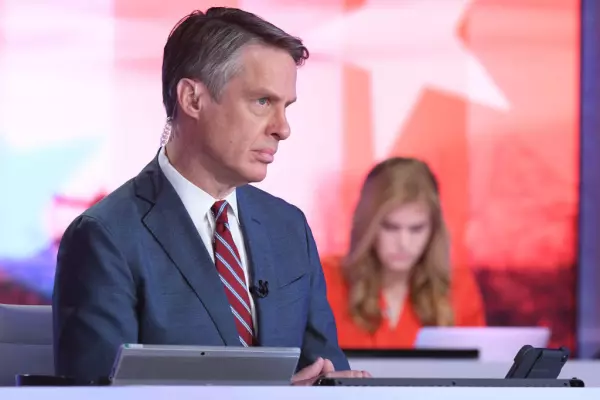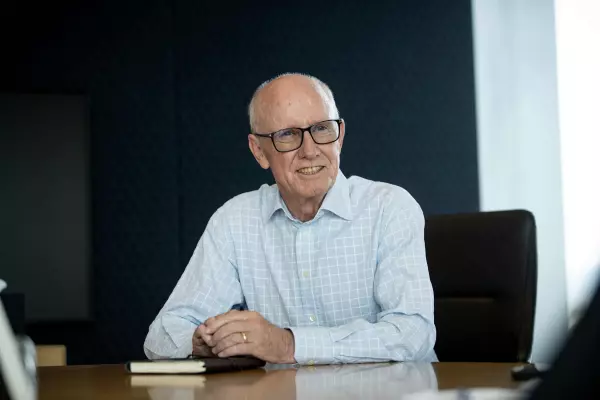Victoria talks to former chief executive of Z, Mike Bennetts.
I was really disappointed ... when I left Z that I hadn’t delivered on the sustainability policy. I really wanted to create a shift – reducing NZ’s reliance on carbon intensity – and it was an absolute failure. No result and a good story is still no result. I came into the job to do this and I didn’t achieve it.
I fail all the time. I like to stand for something big and work backwards.
[Bennetts explains his use of the ‘Merlin technique’ where you imagine where you want to be and trace the steps backwards.] In doing this, you’re likely to succeed more than just incrementally moving in a forward direction from the present.
Feeling like you’ve failed is a good thing. Our ID or ego runs our show, we’re often on automatic from past-based stories that determine who we are. When we fail, it offers an opportunity to acknowledge our human emotions, then to put a full stop and ask: 'Now what will I do?' That can then enable us to reconnect with who we want to be. By failing, I am a better human.”
What do I think about failure? I embrace it – we need more experimenting – it tells us if the hypothesis is right or wrong. It helps us define the problem we want to solve, so we should be encouraging more fast failing and trying again, so then we know what to scale up.
We need to change the language from ‘why did we fail’ to ‘what did we learn?’
Just because a project failed doesn’t mean it was wrong. We need to be curious: what was missing or what would we do differently that might create a different result? Change one word (what’s wrong to what’s missing) and you’ll get a very different human response.
My most embarrassing moment was ... in March 2020. Covid had hit and I announced to shareholders there would be no dividend and told staff they wouldn’t get their bonus, even though we were 98% through the financial year. I was focused on cash preservation, but I felt I let people down – shareholders rely on dividends and our staff on their bonus.
What do I know? When you’re a leader, you cast a bigger shadow, so be accountable for all your actions. Your team will consciously or subconsciously take clues from your behaviour, values, work ethic.
My kids have taught me ... the joy of learning. Adults stop asking the ‘why’ questions, like ‘Why do adults cry when they're happy?’
We are often so concerned about looking good that we stop trying new things where we might look stupid. We end up inhibiting our learning.
Look at how few adults take up skiing, whereas young kids know they'll fall over and look silly! That's how we learn to ski.
When a crisis happens, the first thing I do is ... stop and ask ‘who am I being?’ not 'what am I doing?' Then I ask myself, 'what’s the commitment I have that can be keep me grounded in the context of this news?'
Instead of being distracted by the crisis, where can I find an existing commitment that gets me past my own personal concerns. For example, this crisis might help further develop the organisation’s capability in a given area.
The last generous thing I did was ... give money to the Z Foundation. It supports Z site staff facing unexpected and significant hardship that is out of their control. I always gave some of my bonus to the foundation. Now that I'm self-employed, I do some pro-bono consultancy work.
The last piece of good advice I was given was ... from my coach. When it became public that I was leaving Z, my coach told me to notice what hooked me in. He suggested when people called with opportunities, I should reflect and pay attention as that will tell you what matters.
I consciously kept a list and it helped me get clear on my 'why'. Six months later, it took me 30 minutes to write down what I wanted to do next and how I would do that.
Mike Bennetts has a blog where he shares his business insights.


